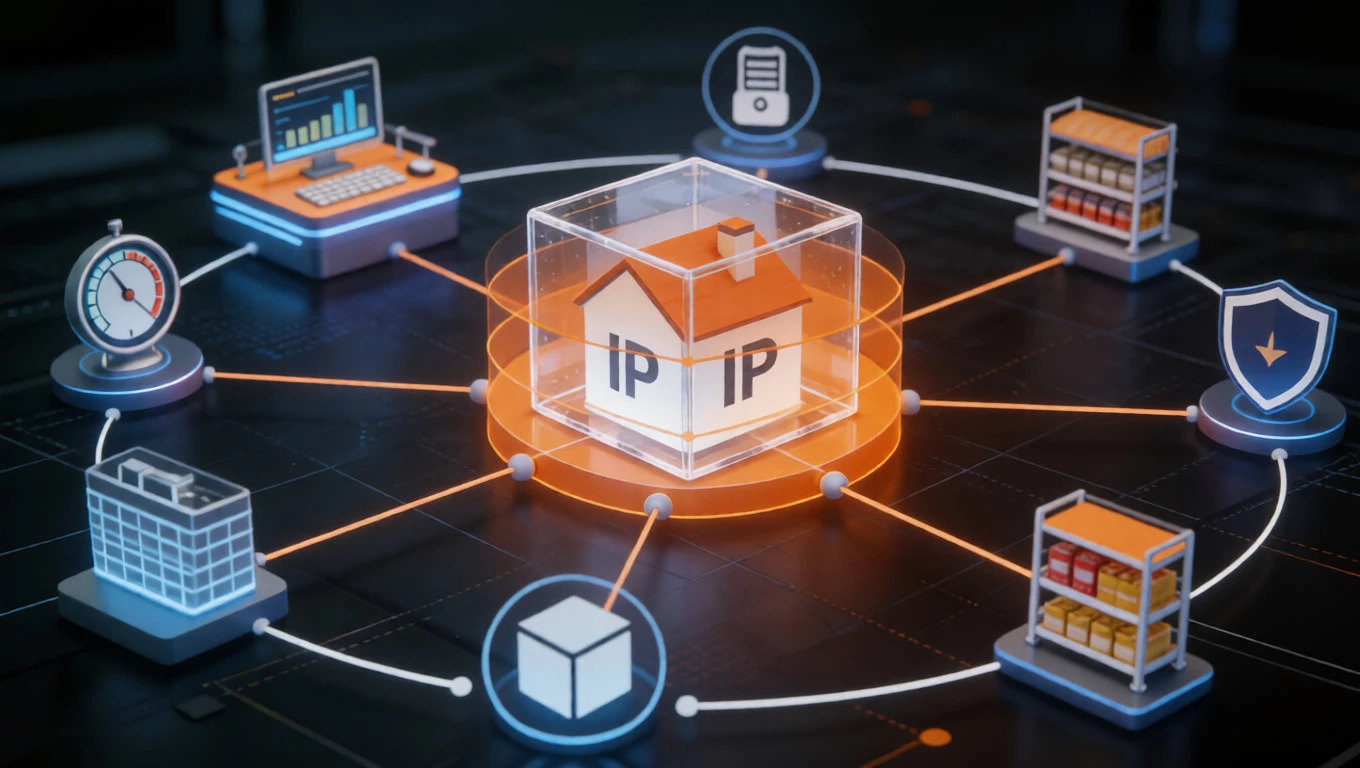Ad Verification
Utilize intelligent technology and data analysis to precisely target audiences, achieve precise ad placement and high exposure. Establish a comprehensive monitoring and control system, identify anomalies in real-time, prevent ad fraud, and ensure a real and reliable advertising environment.

Challenges of Ad Verification
Click Fraud
Fake clicks and bot traffic waste ad budgets,impactad effectiveness, and reduce ROI
Data Security
Real IPs exposed during ad verification, easy to track and analyze, compromising privacy, flagging accounts
Anti-Cheat Mechanisms
Anti-fraud tools on ad platforms may mistakenly flag normal user operations
Regional differences
Regional network differences and platform restrictions hinder flexible market-specific strategy optimization
The advantages of iphalo

Simulate real users
Dynamic residential IPs simulate behaviors across regions, devices, and network conditions
-
Helps advertisers verify ad performance, optimize targeting strategies, ensure ads reach target audiences
-
Simulate user behavior, monitor ad click-through and conversion rates across regions
-
Anonymously monitor competitors' advertising activities to gain insights into their strategies
Break geographical barriers
Simulate user visits from different regions to verify the geographic display effectiveness of advertisements
-
Cross-domain validation
Validate multiple ad platforms and regions, improving efficiency and meeting verification needs
-
Competitor monitoring
Anonymously monitor competitors' ads in regions, keywords, and targets, to optimize your ad strategy

Halo Project
Launch the “Halo Project” to support diversified online business development
Targeted Solutions
Meet diverse internet business needs of different customer groups












Industry information
Recent Articles

Beyond “Plain” Proxies: The Science of Secure Web Access & Residential IP Technology
In the intricate ecosystem of digital connectivity, proxy servers have emerged as the “digital camouflage” of the internet.Just as animals blend into their environments to survive, proxies allow users to blend into the vast ocean of web traffic, masking their origins and protecting their digital



